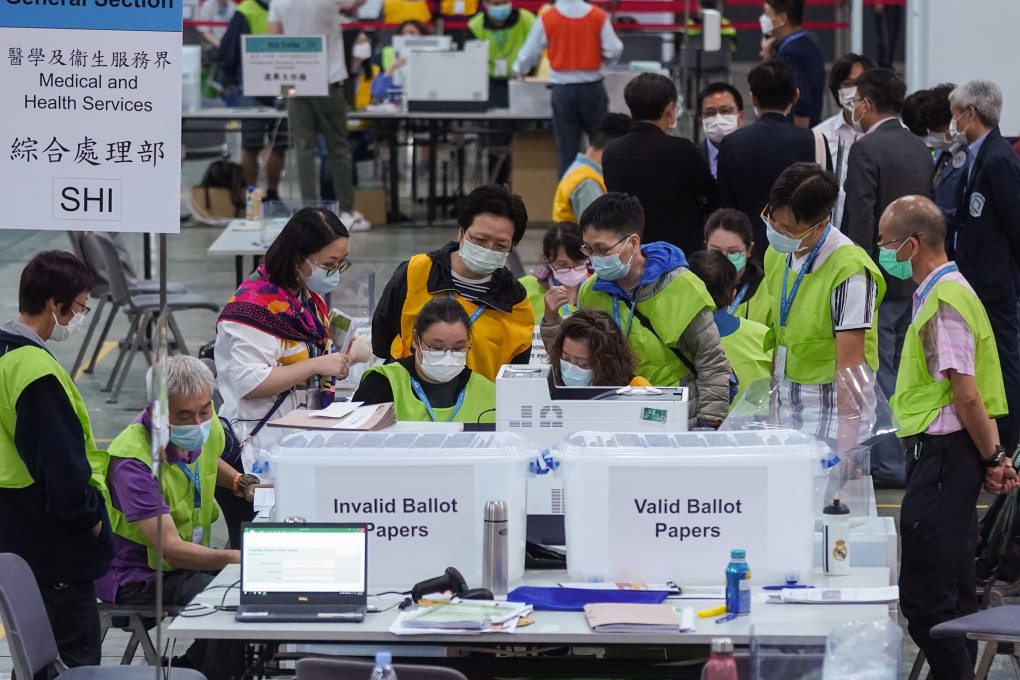Advertisement
Opinion | Hong Kong’s Election Committee embarrassment shows that, above all, execution matters
- The government might have all the political backing, technology and strategies to ensure success, but that means nothing if it drops the ball
- All the opportunities in the Greater Bay Area and capitalising on Hong Kong’s unique role are just empty talk unless the border reopens
Reading Time:3 minutes
Why you can trust SCMP
4

The new and improved electoral system that Beijing has tailor-made for Hong Kong hardly got off to a flying start. Rather, it began with a litany of errors that meant it took 14 hours after the polls had closed to count 4,380 votes for only 13 subsectors.
The level of incompetence required for that to happen is shockingly high, and this was after Vice-Premier Han Zheng called on Chief Executive Carrie Lam Cheng Yuet-ngor to ensure the elections went smoothly. It’s not every day that Hongkongers get to hear Lam apologise.
Despite all the praise for the elections from the central government liaison office in the city, calling them a “solid and genuine step in advancing democracy and good governance” and one that had Hong Kong “characteristics”, the world knows that such inefficiency is uncharacteristic of this city. It was the most elementary of failures: execution.
Advertisement
An electronic voter register was put into use for the first time, and it ended up slowing down the process. Voting-related documents were not transported properly from Point A to Point B. Most jaw-dropping of all was the fact that ballot paper was not fed into the optical mark recognition machines correctly.
The paper jams are a telling reminder that, if we are serious about getting things done and resolving our long-standing problems, and if our leaders – here or up north – want to see their visions realised, it all boils down to execution. There is no leaving it to fate. The paper will not feed itself.
There was only one “opposition” member elected to the Election Committee. Tik Chi-yuen is a centrist, posing no threat to Hong Kong’s next chief executive achieving their grand plans.
Advertisement
Advertisement
Select Voice
Select Speed
1.00x

